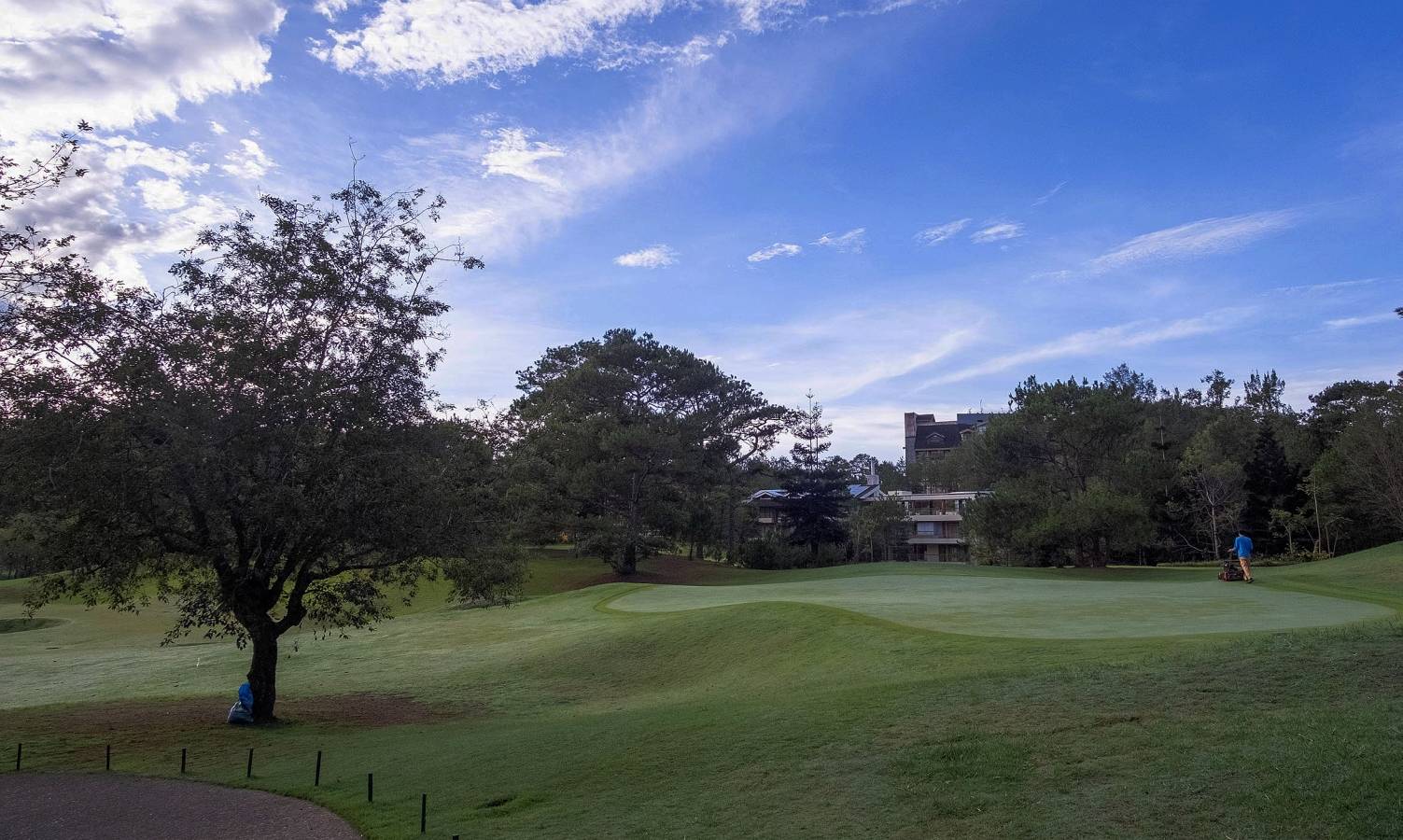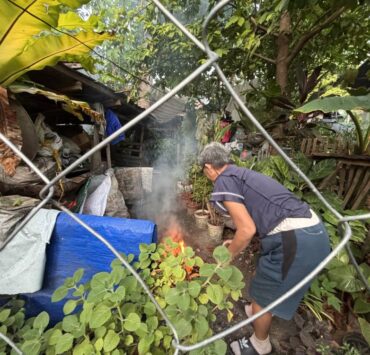Baguio wants key role in John Hay masterplan’s review

BAGUIO CITY — The Baguio City Council wants the city government to actively take in a review of the Camp John Hay master development plan it endorsed in 1994, which allowed the commercialization of the former American rest and recreation base land.
Councilor Betty Lourdes Tabanda, a lawyer who helped craft the 1994 resolutions that supported the John Hay blueprint, said the city’s participation is crucial to John Hay’s future because of the 19 conditions it had set for backing the camp’s transformation into an economic center 30 years ago.
The conditions prescribed by Baguio City Resolution No. 362 passed in 1994 among others upheld the city’s taxing rights over John Hay’s business locators and the separation of 14 barangays located within John Hay from lands administered by BCDA.
Baguio’s Resolution 362 allowed the government to lease 247 hectares of John Hay’s 690-ha land area in 1996, which is inside a special economic zone administered by the Bases Conversion and Development Authority (BCDA).
The BCDA economic zones, established on lands that used to be American military bases, are separate from the economic zones overseen by the Philippine Economic Zone Authority.
According to BCDA legal officer Maria Celine Erika Labrador, the authority was now studying and evaluating the city’s 19 conditions “to determine which have been fulfilled.
Labrador attended the city council’s August 29 special session, alongside the officials of John Hay Management Corp (JHMC), a BCDA subsidiary, led by its chair Junie Cua, to discuss the effect of a Supreme Court (SC) ruling that reinstated the 2015 arbitral decision that voided a private developer’s 25-year lease development contract that would allow the government to regain full control of Camp John Hay.
However, unless BCDA makes Baguio a partner in future John Hay plans, the council feared the authority would proceed with projects the city had explicitly prohibited in Resolution 362, such as a casino, said Councilor Jose Molintas.
Back to zero
The April 3 SC ruling required the Camp John Hay Development Corporation (CHJDevco) owned by businessman Robert John Sobrepeña to turn over his company’s John Hay properties to the government. It also directed BCDA to return Sobrepeña’s P1.4-billion expenses.
But the court’s decision has yet to be enforced because of a pending motion for reconsideration pursued by CJHDevco on behalf of a third-party composed of lessees of John Hay homes, hotels and other accommodation facilities, as well as members of the John Hay Golf Club, whose rights were not explicitly addressed by the arbitration tribunal, said CJHDevco lawyer Federico Mandapat Jr.
But even as the final resolution of the dispute remained pending, Cua said JHMC was prepared to begin collaborating with the city government.
“Many things have changed how well we can generate more revenue out of [the John Hay] property that will benefit the city and the national government [once it is] developed the way it should be. It will become a focal point of development if we can come up with very nice master plan and a well executed one. This (John Hay) can attract investment from all over the world. We are living with a unique property which has nice weather and great people,” he said.
Molintas, a lawyer, said Baguio should be provided details of any revised plans for John Hay in the event BCDA takes full control of CJHDevco assets, including new lease agreements, because the High Court has recognized Baguio’s Resolution 362.
The Court cited two of the city’s conditions when it concluded that Baguio has the authority to issue building permits and collect business taxes from John Hay’s locators, Vice Mayor Faustino Olowan and several councilors had pointed out.
Exclusion
Molintas also questioned BCDA’s model for segregating the 14 John Hay barangays, including the Ibaloy’s ancestral domain, Barangay Happy Hallow, which is another condition set by Baguio in 1994.
Molintas noted that while the government separated and sold the houses occupied by retired John Hay personnel in Barangay Scout Barrio in 2001, the residents of the village, insisted the process was not complete.
Scout Barrio is the first village to be segregated, leaving public spaces like roads, the church and a school under BCDA control.
Councilor Fred Bagbagan, another lawyer, maintained that the John Hay barangays “are part of the city” and “whatever decision (BCDA) make(s) would be subject to the decision of the city of Baguio.”
Mayor Benjamin Magalong, who joined the session, appealed to BCDA to simply relinquish all open spaces within the John Hay villages to the city government.
“You have to trust that we are capable of taking care of our open spaces,” he said, given the city government’s objective of upgrading all its barangays into “liveable communities,” and a land use plan that intends to restore the green cover to 75 percent of the city territory.

















